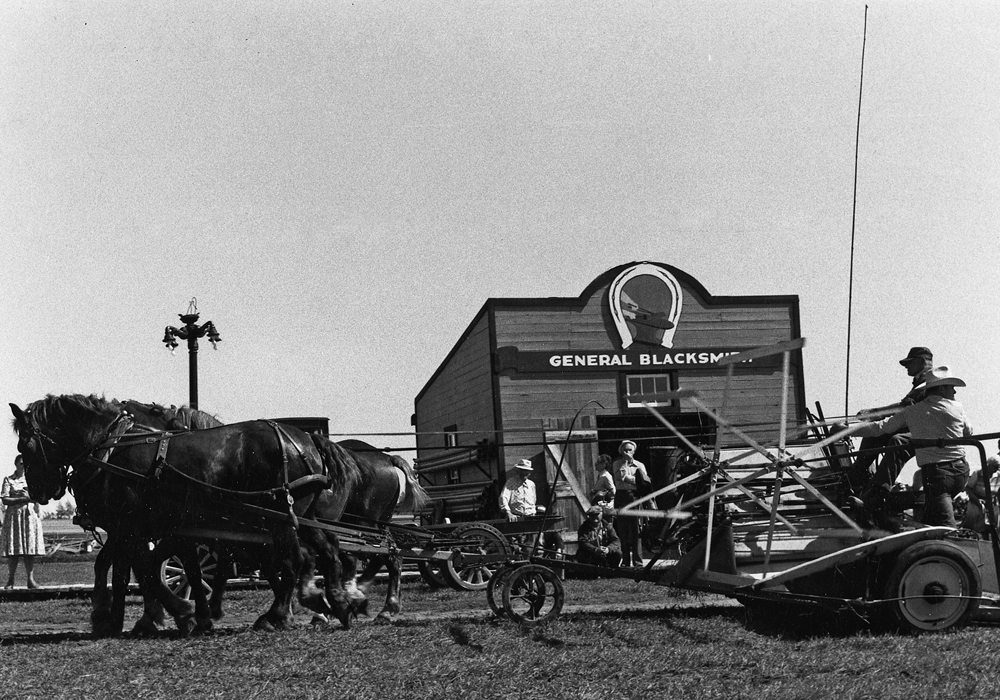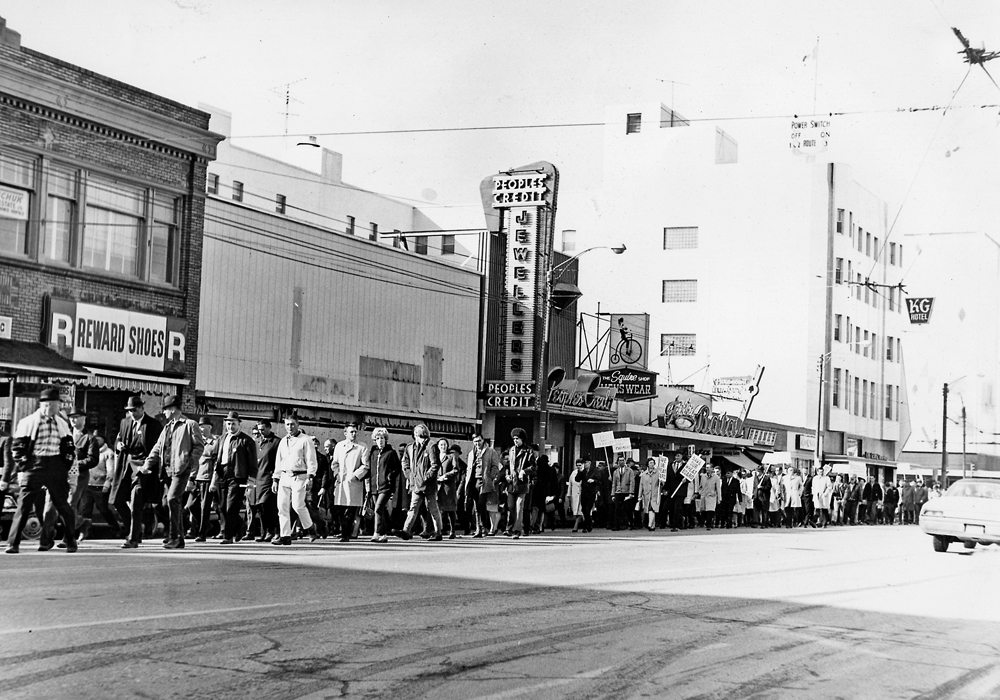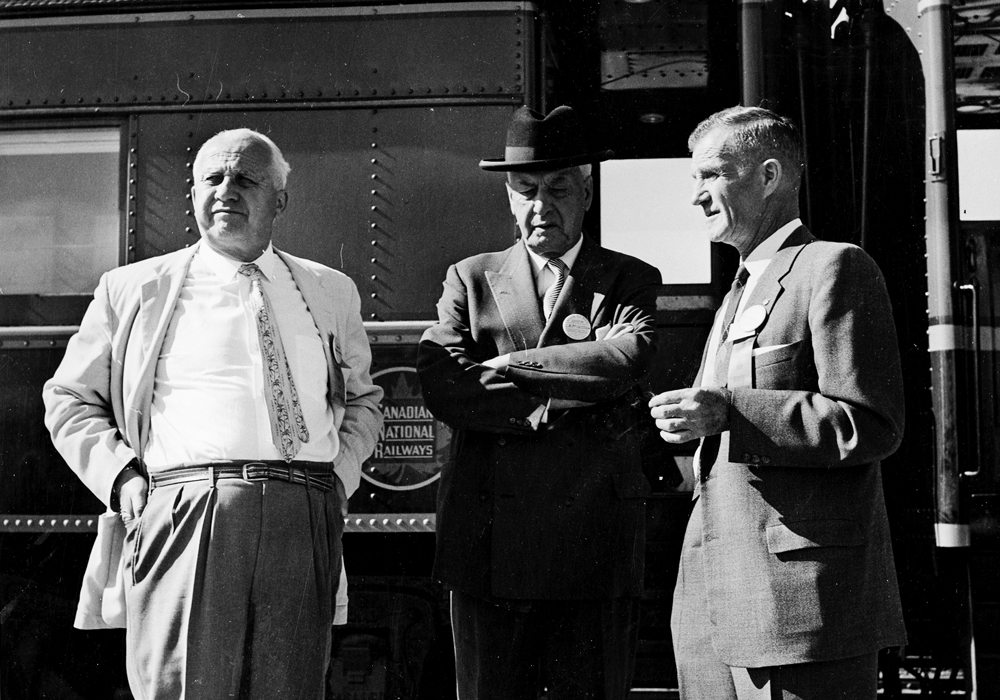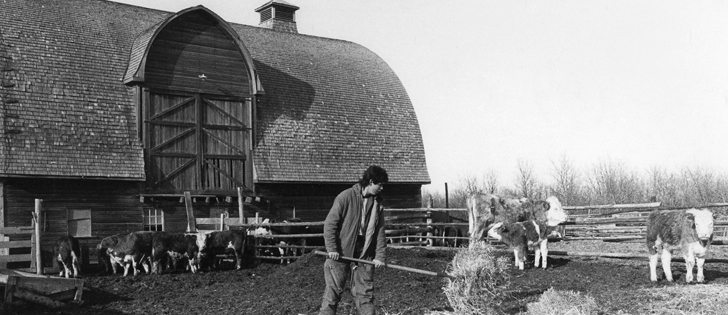The Western Producer takes a weekly look at some of the stories that made headlines in issues of the paper from 75, 50, 25 and 10 years ago.
75 years ago: Sept. 10, 1942
Canada signed a credit agreement with Russia, under which it agreed to send nine million bushels of wheat or flour to its wartime ally. Both sides hoped this would be the forerunner of better economic relations between the two countries.
Farmers were urged to take to the bush once winter arrived to work in the lumber industry.
Read Also

Higher farmland taxes for investors could solve two problems
The highest education and health care land tax would be for landlords, including investment companies, with no family ties to the land.
Elliot M. Little, director of National Selective Service, reassured producers that doing so wouldn’t jeopardize their farming status under the new selective service regulations.
50 years ago: Sept. 14, 1967
“Cut-throat competition” was blamed for a precipitous 22 cent a bushel drop in wheat prices that put them below the floor of the International Wheat Agreement that was to go into effect the following July 1.
Charles Gibbings, president of Saskatchewan Wheat Pool, called it the most critical marketing situation that had faced farmers in more than 20 years.
Robert Stanfield replaced John Diefenbaker as leader of the federal Progressive Conservative party. It took the 2,200 delegates 10 hours to choose from among the 11 candidates, which included Diefenbaker.
25 years ago: Sept. 10, 1992
U.S. President George Bush announced that the United States would put 30 million tonnes of subsidized wheat on the world market in the upcoming year.
This latest round in the $1 billion wheat subsidy war, which was made in the middle of the 1992 presidential election, was met more by frustration and resignation than anger and outrage among Canadian farmers already facing low prices.
10 years ago: Sept. 13, 2007
Grain shippers launched a service complaint against Canadian National Railway, which was the second in six months. This time it was five grain companies and the Canadian Wheat Board, which asked the Canadian Transportation Agency for an interim order preventing the railway from allocating rail cars under its advance products program.
Wheat prices were soaring, rocketing toward US$9 a bushel at the Kansas City Board of Trade and $8 per bu. in Minneapolis. However, the rising prices were being blamed for more expensive bread, which didn’t sit well with farmers, who said wheat accounted for a small share of the total cost of bread production.















